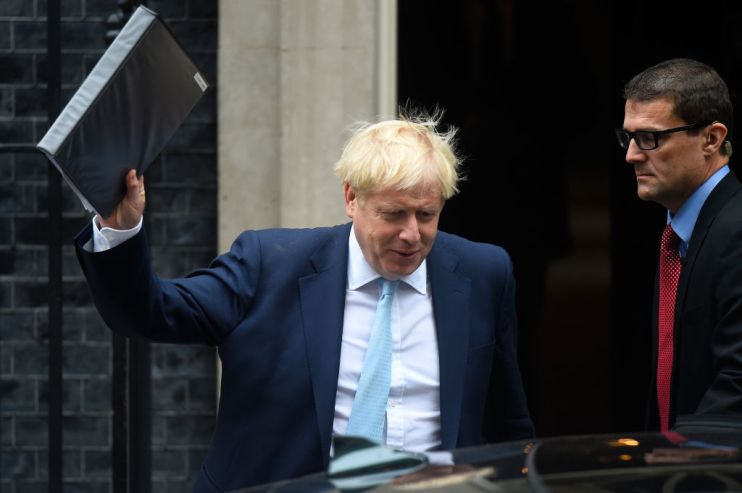Court dismisses attempt to force PM to seek Brexit extension

The Edinburgh Court of Session has said it will not act to force Boris Johnson to comply with the law that says he must seek an extension to Brexit if no deal is agreed by 19 October.
The court said the PM’s unequivocal assurances that he will comply with the Benn Act means action at this stage was “neither necessary nor appropriate”.
“The government accepts that in executing its political policy it must comply with the 2019 [Benn] Act,” the judgement said. “That being the government’s clearly stated position before the court, there is no need for coercive orders against it or against the Prime Minister to be pronounced.
“The court should not pronounce coercive orders (or decree for interdict) unless it has been established on the basis of cogent evidence that it is truly necessary for such orders to be granted. In my opinion, that has not been done in the present case.”
The case had been brought by SNP MP Joanna Cherry and anti-Brexit campaigner and lawyer Jo Maugham.
He said: “As we have extracted promises from the government, the question whether this loss matters depends on whether you think I am right or the Court is right. But, on any view, there are now risks of an unlawful Brexit that would not, had the decision gone the other way, have existed.
“I expect the Inner House of the Court of Session tomorrow to hear our appeal.”
This second hearing will now consider whether someone other than the Prime Minister could sign the letter seeking an extension from the European Union, as stipulated by the Benn Act.
The Benn Act – rubbished as the “Surrender Act” by Johnson and his aides, while supporters try to position it as the “Safeguard Act” – requires that the Prime Minister request an extension to Brexit if no deal is agreed by 19 October.
So far, Johnson and his Cabinet colleagues has said government will comply with the law, but said he will ask for an extension “under no circumstances”.
Last month City AM revealed that ministers are toying with invoking EU law as a get-around, arguing that it supercedes British law. Subsequently foreign secretary Dominic Raab appeared to back this publicly.
Last week Johnson’s team briefed that proposals published following the Conservative party conference were the “final offer”. However by the end of the week, they had rowed back from that language, stressing the document set out a “broad landing area”.
Main image: Getty